- Your benefits as a Premium Member
10% off items
Free shipping from €20.00
- Help & Contact
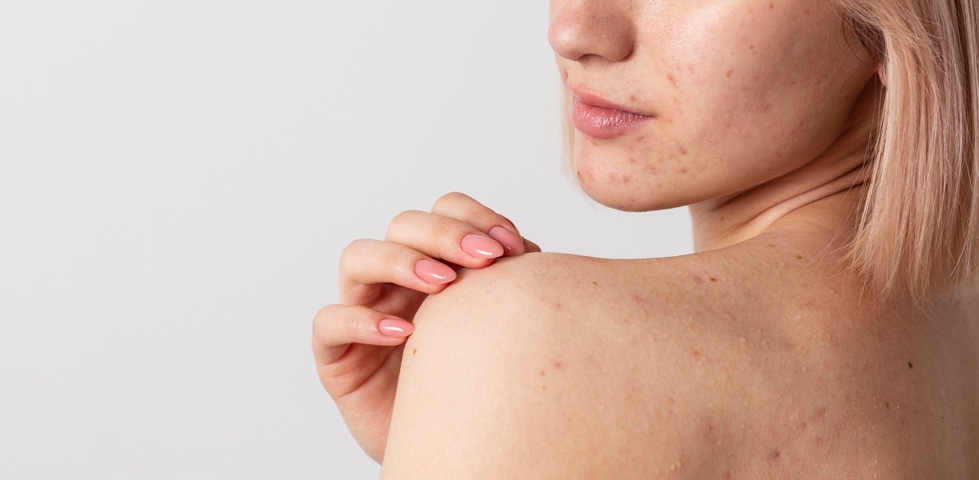
Pimples on the back - causes and treatment
Pimples on the back are not untypical but can indicate skin problems and significantly limit self-confidence. In this article, you will learn what the causes are and how you can combat the appearance of the pustules.
09 November 2023 • 3 min. reading time
Table of contents
Pimples or acne on the back?
When pimples occur on the back, small red areas form on the skin, which thicken and can be filled with pus. The skin impurities can be sore when touched and bacteria can really cause them to snowball. As the pores on the back are bigger than on the face, pimples on the back are also usually more widespread. Frequently, the sebaceous glands are overactive, which together with dead skin cells and bacteria leads to the formation of pimples.
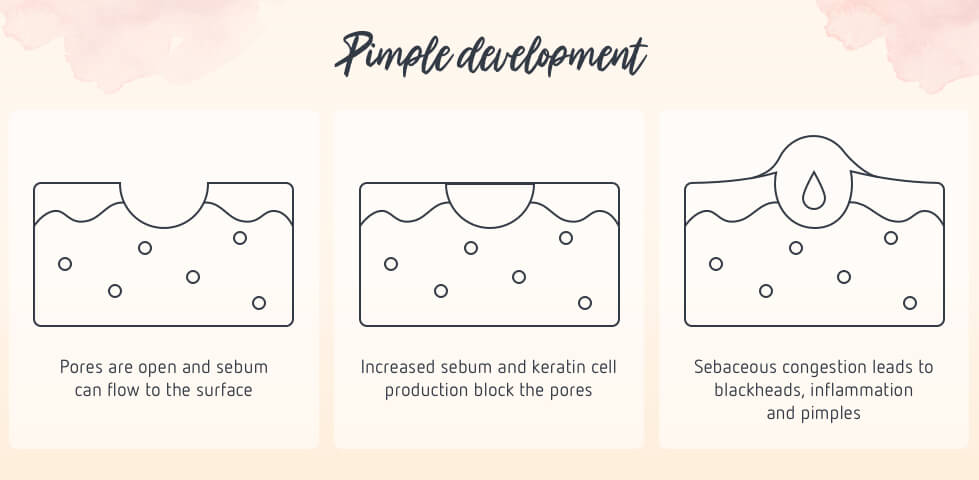
A few pimples on the back are usually individual inflamed hair follicles or sebaceous glands. These pimples are different from back acne. This resembles acne on the face and is usually triggered by certain bacteria. A dermatologist can clearly determine whether it is a pathological form.
How do pimples occur on the back?
Impure skin on the back through increased sebum production
Excessive sebum production can lead to blocked pores, which encourages the formation of skin impurities. The cause can be a genetic predisposition, the wrong body care as well as a hormonal change, which occurs in puberty for example.
Increased bacteria formation for pimples on the back as a cause
Bacteria are naturally present on the skin. They use sebum as a source of nutrition and multiply in blocked pores. They produce metabolic products, which trigger an inflammatory reaction in the skin and can encourage the formation of pimples.
Cornification disorder as a trigger
With a cornification disorder, there is excessive cornification of the skin cells, which are not properly sloughed off. This leads to a collection of dead skin cells in the hair follicles and the sebaceous glands, thus resulting in pimples.
Poor hygiene can lead to pimples
Inadequate body hygiene, in particular not taking a shower after exercise and other perspiration-inducing activities, can lead to blocked pores. In addition, in the case of poor hygiene, dead skin cells are not adequately removed and bacteria can spread more easily.
Pimples on the back through hormonal changes
Hormonal changes during puberty, the menstrual cycle or during pregnancy can lead to increased sebum production and therefore the risk of increasing skin impurities. Stress can also influence the hormone balance and cause impure skin. If hormones are suspected as a cause for pimples on the back, you should clarify whether you are dealing with hormonal acne.
How clothing encourages pimple formation
Clothing that is too tight and clothing that is not breathable can encourage the formation of pimples on the back. Constant pressure on the area encourages irritation. Non-breathable tops made of synthetic fabrics do not allow an exchange of air, allowing heat and moisture to be trapped under the skin and can cause pimples.
Tip
It is best to wear loose-fitting tops made of cotton and linen so that it is easier for sweat to escape and the skin on the back can breathe. A cut-out on the back is sensible. In addition, you should avoid backpacks if they lead to an increase in the pimples forming on your back.
Pimples on the back – what can you do?
If you want to get rid of pimples on the back, you can use various methods:
- Regular skincare with products that are not too irritating prevents pimples on the back
- Peels make it easier to remove dead skin cells. Avoid aggressive scrubs, which can irritate the skin.
- An anti-inflammatory cream can help to combat pimples on the back
- Observe a healthy lifestyle without alcohol and nicotine and with a balanced diet
- Products with ingredients like salicylic acid, vitamin C, sulphur and benzoyl peroxide combat pimples
Mild body cleansing & scrubs
Wash your back every day with a mild, pH-neutral cleanser. Avoid excessive rubbing as this will irritate the skin. In addition, you should shower after perspiration-inducing activities to combat increased bacteria formation.
If you want to provide the skin on your back with moisture, use a light, non-comedogenic moisturiser. This will not block the pores.
A balanced diet with plenty of fruit, vegetables and sufficient water can contribute to improving the condition of your skin. In addition, if you have skin problems, it is best to stay away from dairy products, foods made with wheat flour and sugary drinks. Such foodstuffs can encourage inflammatory processes in the body and increase the formation of pimples on the back.
Non-comedogenic moisturiser
Takeaway
Increased sebum production together with dead skin cells and bacteria can lead to the occurrence of pimples on the back. To avoid this, regular body hygiene is essential. Wash your back daily with mild cleansers and do not use comedogenic body lotions to provide moisture. A healthy lifestyle and breathable clothing also contribute to reducing pimple formation on the back. If the pimples are stubborn or worsen, it is advisable to seek the help of a dermatologist. They can develop an individual treatment strategy that is tailored to your specific needs.


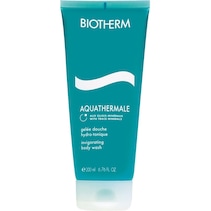



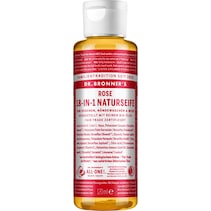
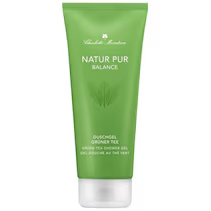
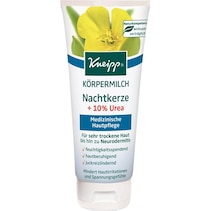
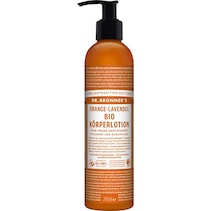
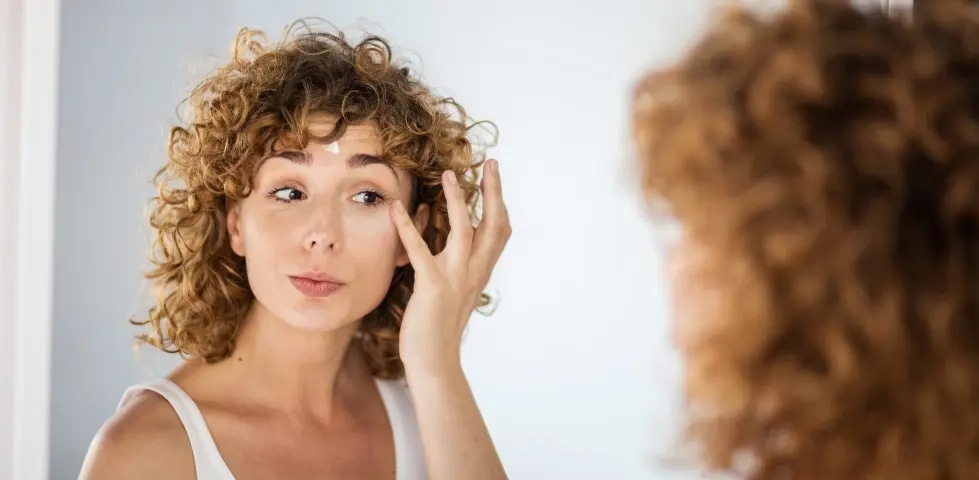
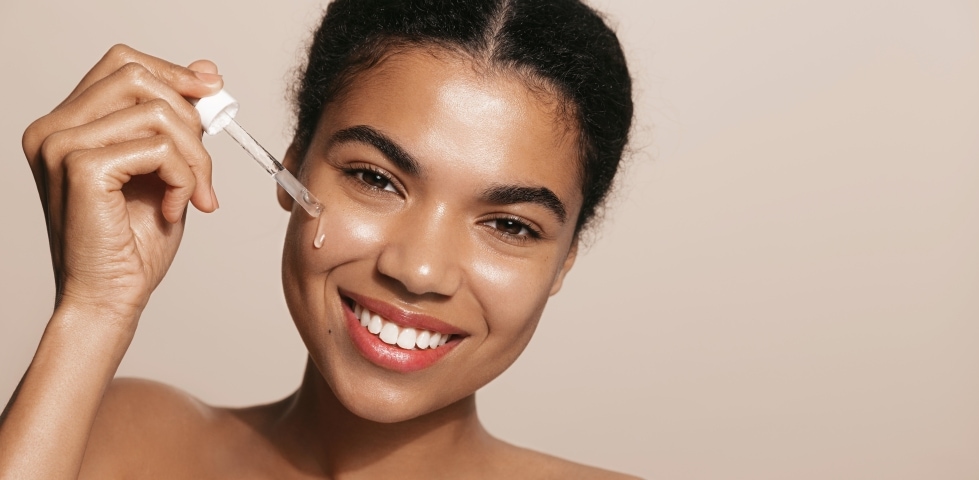
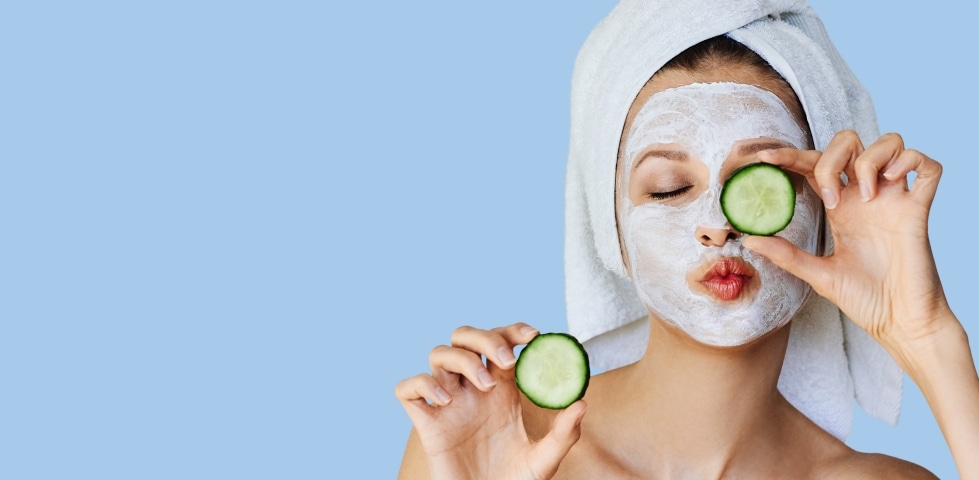












 Certified security
Certified security








